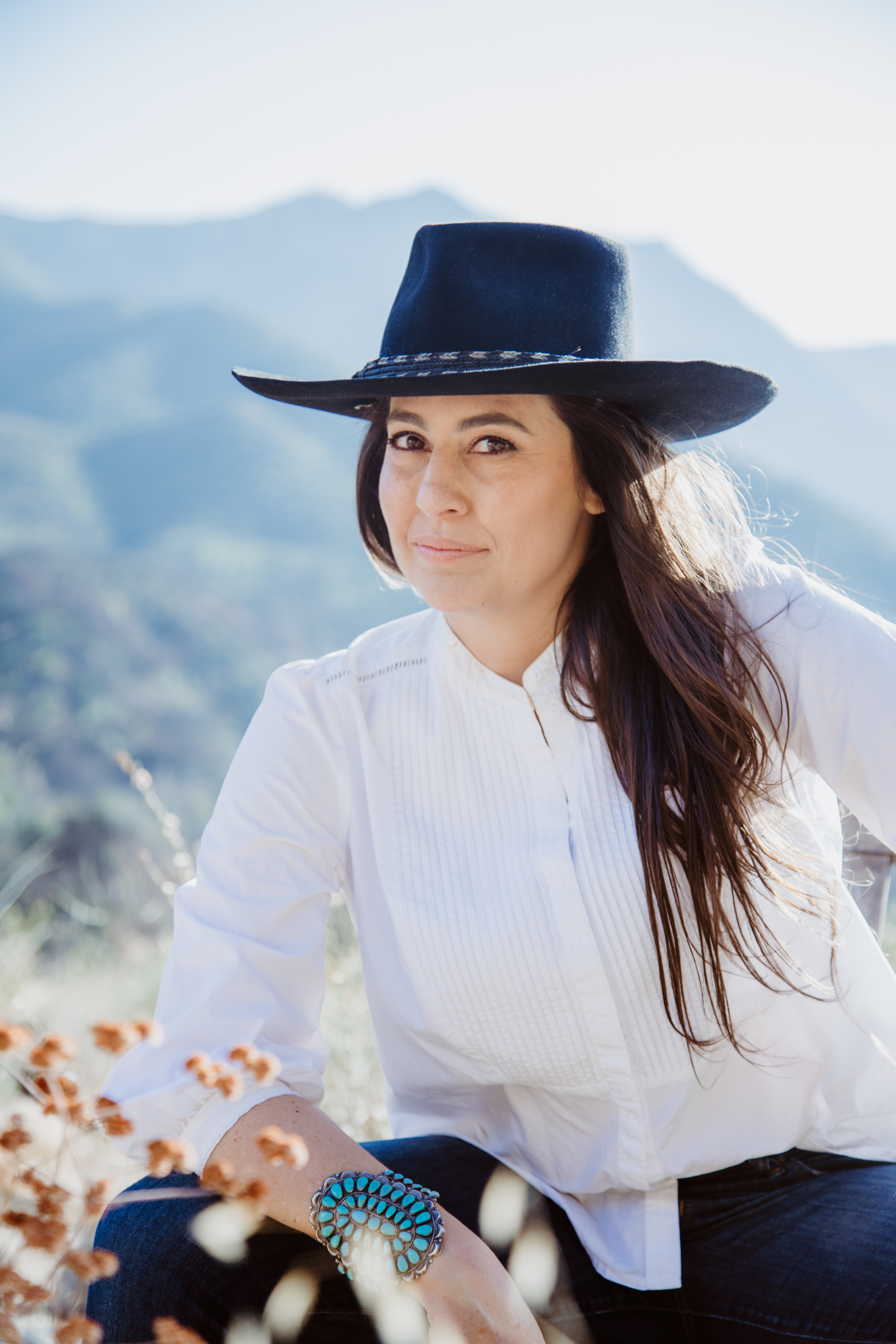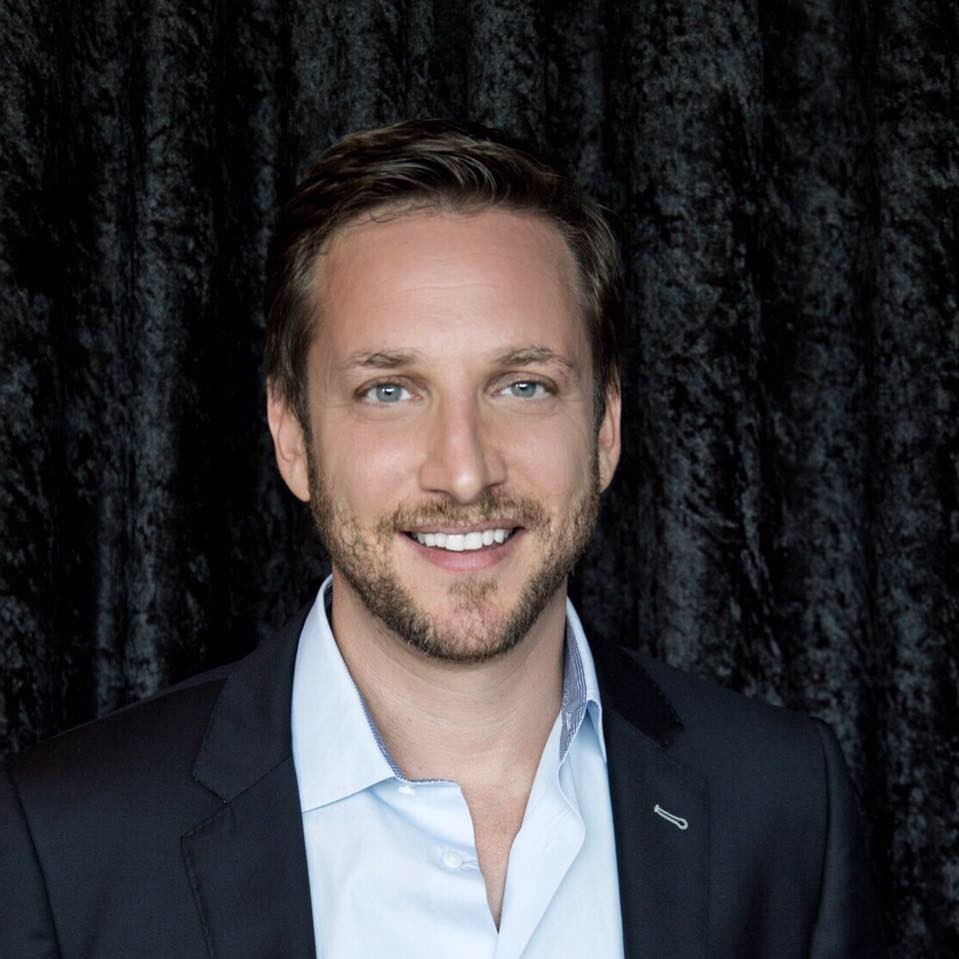I had the pleasure of interviewing Dr. Adi Jaffe, addiction and mental health expert and author of the new book The Abstinence Myth. Dr. Jaffe has lectured at UCLA and has helped hundreds of people who were struggling with unhealthy habits and addictions find their way in life.
Thank you so much for joining us! Can you tell us a story about what brought you to this specific career path?
I ended up here by complete chance. After struggling with drugs myself, I found myself in jail for a year needing to rethink my life. By the time I was released a 9-time convicted felon, getting a job was simply impossible. I searched for work for 9 months until eventually , the idea of going back to school dawned on me. The school I applied to (after being assured by UCLA that my grades weren’t good enough to go there) was California State University, Long Beach. They didn’t ask about a past criminal conviction. My adviser at this graduate school was a man by the name of Dennis Fisher, who studied communicable disease like HIV and Hepatitis-C. When I started doing research in his lab, I found myself truly fascinated by the drug and addiction related aspects of the work. I became extremely motivated and eager during that time because I had found a true passion. From that day on I have been focusing my work and research on addiction-related issues and mental health and shame problems.
How have your personal challenges informed your career path?
As mentioned above, my personal challenges drove me back to education by necessity but completely informed my passion for the subject I’ve made my own. Without those challenges, it would be hard for to imagine being so driven to succeed in this field in the face of all of the obstacles I ended up facing (and still face) during my career.

Can you share your “5 Things I Wish Someone Told Me Before I Became a Doctor”
I come from a family of helpers. My dad was a doctor, my sister is one too. It’s in my blood, regardless of my unusual path. I’ve always had a deep need to stop and give a hand to those in need. Sure, I didn’t necessarily enjoy every moment of the 12 years of school to get me through all the training, but still, I’m incredibly glad I did it all.
However, as I’m certain happens in every line of work, there are some secrets that I feel are simply not shared often enough. I’m not talking about secret bathrooms or handshakes. This is the stuff that will keep you getting through everything with your head held high(ish) and your spirit strong. Here are my five things I wish someone told me when I first became a health professional:
- Everyone’s path doesn’t look the same, and that’s ok. — In graduate school, you’re often presented with a very specific career trajectory with the implication that “this is what you’ll do after school.” It’s usually a fine plan, with some great respect and safety in it. But sometimes, you find that this specific plan just doesn’t fit who YOU are. When I started thinking this way, I became filled with dread and shame. I felt like an outcast and was scared to deviate from the prescribed plan. But now that I am about 10 years away from the move I can tell you something now one told me — follow your heart and dreams and use your knowledge and training for anything you feel drawn towards. You’ll reap the rewards.
- Being a health practitioner is harder work than you think and includes less rewards than you hope. — Obviously, this depends greatly on the specific field you’ve entered, but in general, get ready to roll up our sleeves and get in deep. And put aside the dreams of a lavish lifestyle… at least for a whole number of years. People normally enter the helping fields because they want to, well… help. And there is more than enough need out there, so you’ll be happy to know your help is desperately needed. But the ratio of work to reward is heavily skewed towards the former, at least at the outset. So keep yourself motivated by and focused on the reasons you were interested in this field in the first place. And make sure to find time to get some food and water in you so you don’t pass out.
- Share freely of yourself. — When I first began training, I was essentially told to never discuss my own experience. It felt strange and cold, but “my superiors must know what they’re talking about” was my standard self-dialog. Now I think that was bullshit. My clients appreciate knowing that I can relate, and it helps us build a bond. No, you shouldn’t make your sessions ABOUT you, but you should also not hide who you are. Strategically placed sharing can go a long way.
- Taking care of yourself MUST be a priority. — My dad worked three jobs and was never home. I never really saw him take care of himself aside from some quick feedings and occasional bathing (I’m sure he showered more than I think). He died at 58 after some terrible health battles that lasted his entire lifetime. I can’t directly attribute the stress he put himself under to his early passing, but I’m sure it played a role. If you don’t take care of yourself — through healthy nutrition, water consumption and stress relief — you might not be here to take care of your people. Remember, in the case of cabin pressure loss, you must put on your mask before worrying about those around you. Then go help everyone!
- You can’t save everyone. This one is really tough, but there will be people you just can’t make a difference for. You’ll do everything you can, lose sleep and get everyone else mad at you. And then you’ll hate yourself and wish you never picked this line of work. It happens to everyone and there’s nothing you can do about it — no book will eliminate this and no mentor will be able to free you of this burden. It’s part of what you signed up for and it’s part of the life. You’ll get better at dealing with it, but it will weigh down your soul. I’m sorry, but it’s true. I’ve lost a handful of people I’ve worked with and they all haunt me at all times. But there are more people who need help so we put on our brave faces, make sure we’re doing our best version of self-care, and we move on. There are lives to save and we need you.
Social media and reality TV create a venue for people to share their personal stories. Do you think more transparency about your personal story can help or harm your field of work? Can you explain?
I’d been told repeatedly NOT to share my story when I was starting out of fear that it would taint my work. Nevertheless, I am a huge advocate of transparency and I believe that we need to do more to share our stories in the hopes of connecting to our clients/patients and inspiring future practitioners.

Can you please give us your favorite “Life Lesson Quote”? Do you have a story about how that was relevant to your life?
My favorite advice & life lesson comes from the stories of many who came before me, but the most obvious and explicit example of it is “Never, never, never give-up” By Winston Churchill. There have been many instances in my story that have made me rethink my path and direction, but perseverance has always proved to be the most powerful characteristic to pull me through.
You are a person of great influence. If you could inspire a movement that would bring the most amount of good to the most amount of people, what would that be? You never know what your idea can trigger. 🙂
I am fully focused on reducing the impact and role of shame in keeping people from becoming their best selves. I truly believe that this singular emotion, put to use in this increasingly complex and stressful world, is destroying millions of lives and that it must be addressed. From racial issues to sexual orientation and identity issues to the suffering of women in a patriarchal society and the silencing of those with mental health struggles — shame is at the core of everything I see. I aim to eradicate it.
How can our readers follow you on social media?
I am @dradijaffe on essentially every media source. I look forward to connecting with everyone.
Originally published at medium.com


